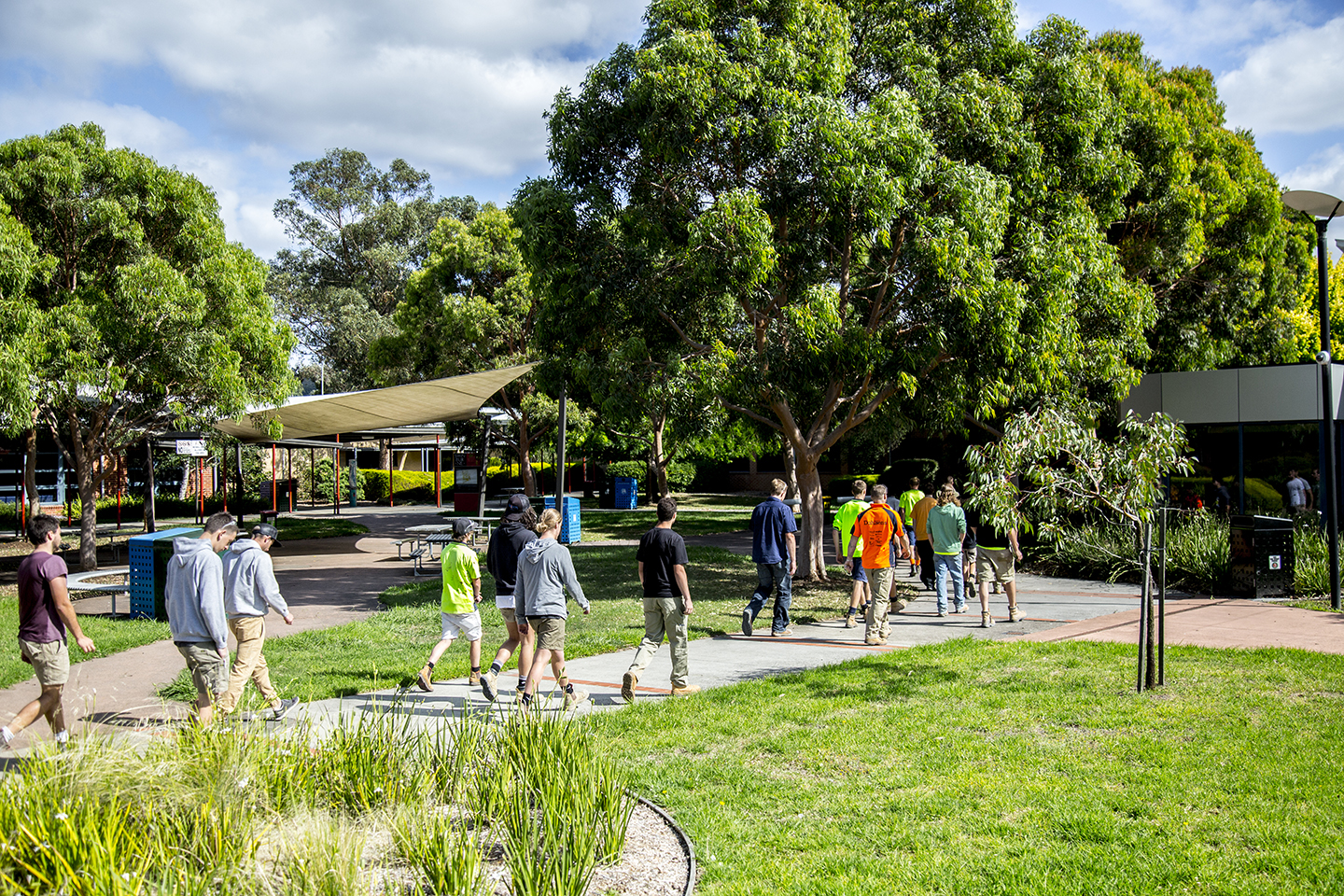Australia's dual-sector universities call for a more coherent post-secondary system

Vice-Chancellors from Australia's six dual-sector universities advocate that an innovative and highly adaptive vocational education and training sector will be required as the nation emerges from the COVID-19 crisis.
In summary
- Vice-Chancellors from Australia's dual-sector universities have responded to National Agreement on Skills and Workforce Development (NASWD) interim report
- Their response advocates for the preservation of the unique attributes of the higher education and vocational education and training sectors and the removal of structural barriers
- The VC's suggests COVID-19 has presented a once in a generation reform opportunity
Vice-Chancellors from Australia’s six dual-sector universities have today released their response to the interim report of the Productivity Commission’s review of the National Agreement on Skills and Workforce Development (NASWD).
Building on the principles set out in the dual-sector universities’ 2019 paper Reforming Post-Secondary Education in Australia: Perspectives from Australia’s Dual-Sector Universities, 2019, this new report addresses some misconceptions in the Commission’s review of the NASWD, while advocating for coherent and equitable funding settings across the higher education and vocational education and training sectors.
“As Australia begins to emerge from the COVID-19 crisis and its deep economic impacts, an innovative and highly adaptive VET system will be required to ensure a workforce that is equipped with the appropriate skills to drive productivity, while contributing to economic recovery and social development,” the report says.
The report advocates for policy settings which would preserve the unique attributes of each sector, while removing structural barriers which can prevent the seamless integration of programs and the creation of effective pathways, while calling for judicious use of public investment.
“Given past market failures, lessons must be learned with respect to the appropriate use of public subsidies. Traditional free market principles are not necessarily applicable to the Australian VET system, at least not totally. It is imperative that taxpayers have full confidence they are supporting quality, standardised provision which will result in employable graduates,” the report says.
“The COVID-19 pandemic, and the deeply collaborative and coordinated response between States, Territories and the Commonwealth Government it has necessitated, presents a once in a generation reform opportunity.”
The unique experiences and capabilities of dual sector universities are featured strongly in the report in a range of case studies from each university, which demonstrate student journeys between the sectors, industry collaboration in qualifications design and pathways which have in some cases been achieved despite incoherent policy settings.
The report was signed by Australia’s six dual-sector Vice-Chancellors:
- Professor Simon Maddocks - Charles Darwin University
- Professor Nick Klomp – CQUniversity
- Professor Andy Smith - Federation University
- Mr Martin Bean - RMIT University
- Professor Pascale Quester - Swinburne University of Technology
- Professor Peter Dawkins - Victoria University
-
Media Enquiries
Related articles
-

- University
The future of fashion: Swinburne launches groundbreaking tech-focused fashion course
Swinburne University of Technology is fusing high tech and high fashion to launch a new forward-thinking Bachelor of Design (Fashion).
Thursday 25 July 2024 -

- University
Swinburne achieves first Cygnet Award through SAGE Athena Swan program
Swinburne has achieved its first Science in Australia Gender Equity (SAGE) Athena Swan Cygnet Award.
Monday 01 July 2024 -

- University
Future of National Institute of Circus Arts (NICA) secured
NICA will transition from Swinburne to the Australian College of the Arts (Collarts), as part of a new agreement that secures the future of circus arts in Australia.
Monday 22 July 2024 -

- University
Swinburne among world’s top 15 universities for scientific impact
Swinburne has been ranked in the top 15 universities in the world for scientific impact across all disciplines, based on the proportion of a university’s papers that belong to the top 1 per cent most cited in the 2024 CWTS Leiden Rankings.
Friday 19 July 2024 -

- Education
- Engineering
Transforming the lives of refugee engineers through the EPIC Program
Swinburne has been partnering with the Level Crossing Removal Project (LXRP) on the Engineering Pathway Industry Cadetship (EPIC) program, helping refugee engineers gain international qualifications for the Australian workforce through an 18-month paid cadetship program.
Thursday 20 June 2024

